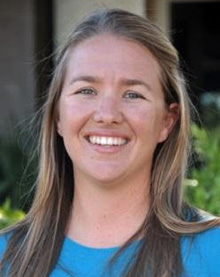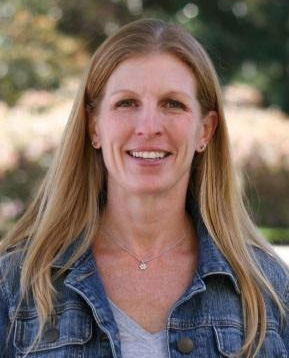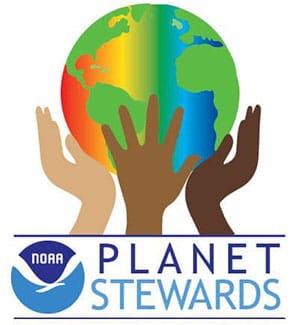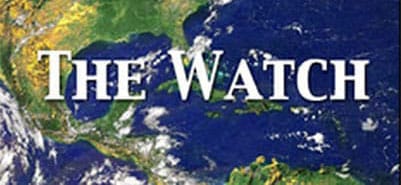NOAA’s Sentinel Sites: Engaging Communities for Coastal Resilience
Sea level rise (SLR) is impacting coastal ecosystems and economies. Tracking SLR status and trends over time is necessary to adapt and manage communities and resources. NOAA’s Sentinel Site Program (SSP) provides critical information to support coastal resiliency. The SSP takes a three levels nested approach: Sentinel Stations are discrete platforms with sensors providing information to better understand ecological status and trends. Sentinel Sites are areas in coastal and marine environments studied to understand the physical and biological changes in those ecosystems i.e. National Marine Sanctuaries and National Estuarine Research Reserves. Finally, Sentinel Site Cooperatives cover wide geographic areas and facilitate communication and data sharing between researchers, managers, and stakeholders to leverage resources and improve understanding of data, tools, and models which address coastal resiliency issues.

Renee Collini
At the time of this broadcast Renee Collini was a NOAA Sentinel Site Coordinator working with scientists to monitor and collect data at sanctuaries, estuarine research reserves, marine protected areas and other locations across the Gulf of Mexico (from the Pearl River at the Louisiana-Mississippi state line to the Suwanee River in the Florida Panhandle). She also worked with researchers, managers, decision makers and other stakeholders in an outreach role to identify informational gaps and needs in that region.
Renee also worked for Dauphin Island Sea Lab, where she maintained the Dauphin Island Sea Lab/Mobile Bay National Estuary Program’s real-time coastal observing system. She holds a master’s degree in marine science from University of South Alabama.

Jennifer Dorton
At the time of this broadcast Jennifer Dorton was the coordinator for the North Carolina Sentinel Site Cooperative, or NCSSC. The cooperative focuses on coastal resiliency issues of local, regional and national importance such as flooding, inundation and sea level rise.
In addition, Jennifer worked on North Carolina Sea Grant projects, and on the NOAA funded Coastal Ocean Research and Monitoring Program at the University of North Carolina Wilmington.
She holds a master’s degree in recreation management from East Carolina University, and bachelor’s degrees in business and public health from the University of North Carolina at Chapel Hill.
Resources
Barrier Island Evolution - Lesson and supporting materials.
- Lesson Plan: Exploring Changes Along the North Carolina Coast
- New York Times Article: Nature Tries to Shift Outer Banks, But Man Keeps Shoveling It Back.
- Slides:
Saltwater Intrusion and Amphibians - Lesson and supporting materials.


Social